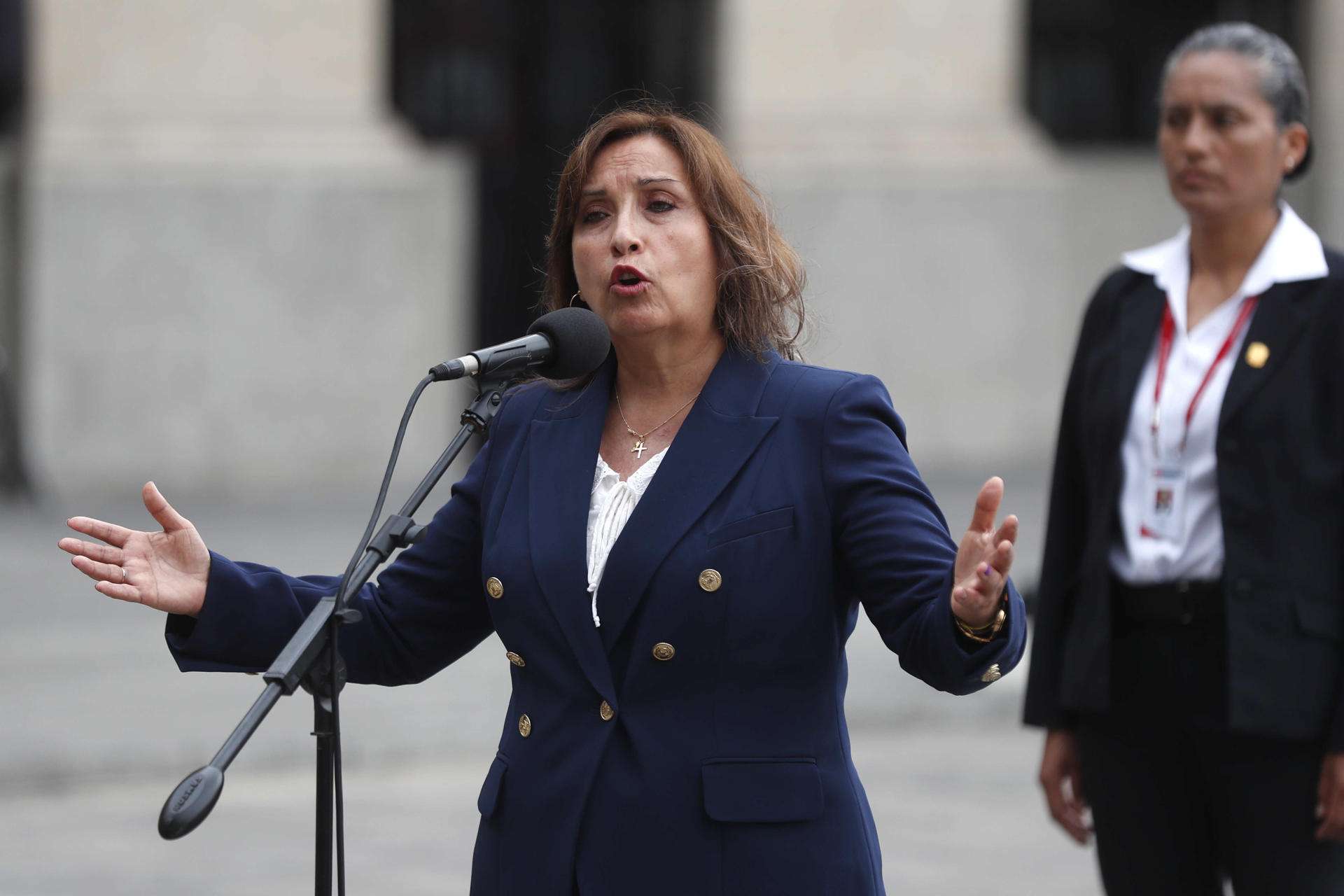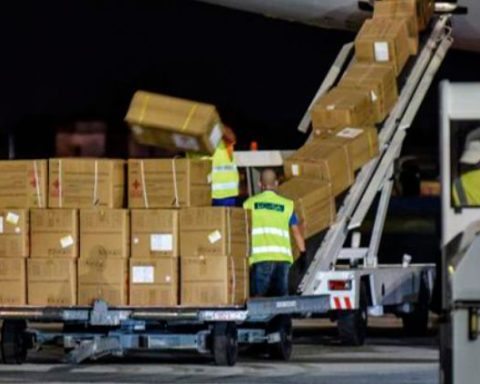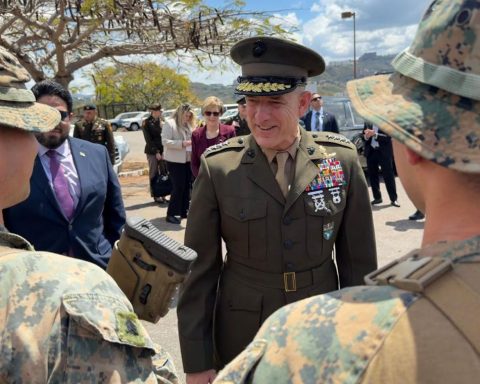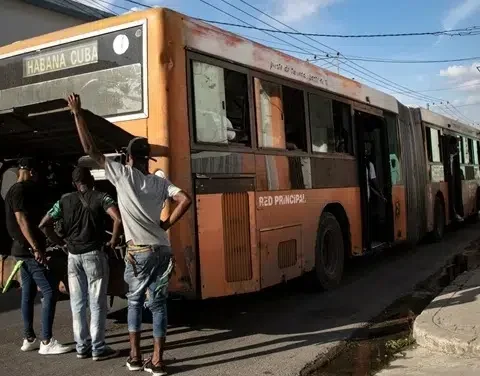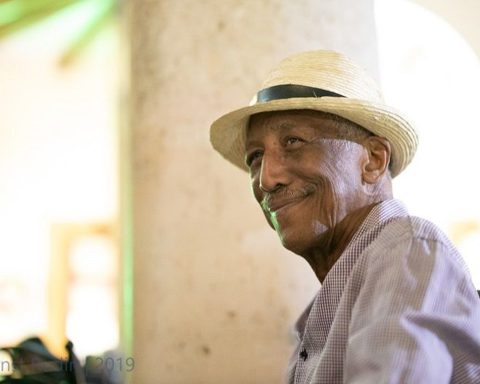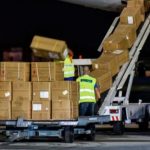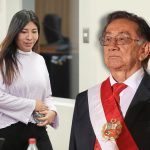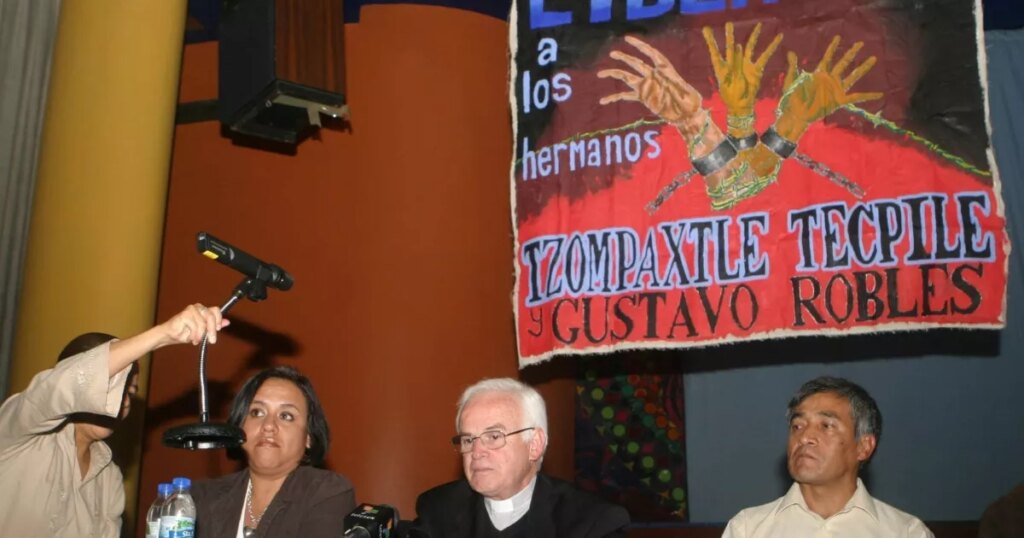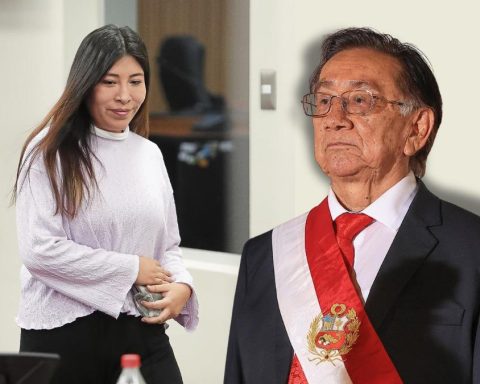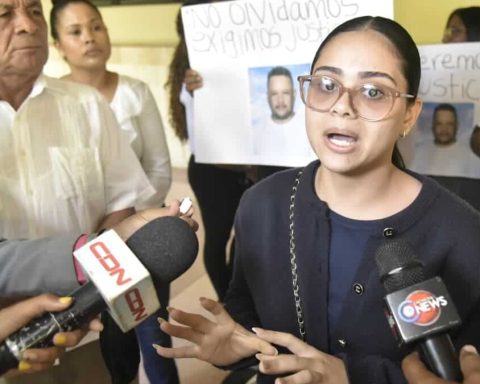The president of Peru, Dina Boluarte, called on Friday for Congress to approve a proposal to advance the elections by the end of this year.
The president had already expressed her support for holding national elections in April 2024, instead of those scheduled for 2026, but support seems to be growing among legislators to bring them forward to December 2023.
Postponing the elections to the end of this year could help the country “get out of this quagmire we are in,” Boluarte said after participating in an event to publicize the government’s efforts to send medicines to a region of the Andes. at a time when protesters have blocked several roads as part of anti-government demonstrations.
Boluarte assumed the presidency on December 7 after his predecessor, Pedro Castillo, was indicted for trying to dissolve Congress. He later he was arrested and detained. Protests quickly broke out across the country with demonstrators taking to the streets demanding Boluarte’s resignation and the dissolution of Congress.
Amid the unrest, 56 people have been killed, including at least 45 in direct clashes with security forces, according to Peru’s Ombudsman. “The protests continue, there are more blockades and violence,” said Boluarte, who pointed out that he had spoken with his ministers about the possibility of bringing the elections forward. “I’m here because I assumed a responsibility and I’ll be here until Congress sets a date, that’s why I ask you, come to an agreement.”
Protests keep alive in Peru a crisis that exceeds fifty deaths
He added that he had no interest “in staying in the presidency.”
Protests against him abounded in remote areas, especially in the south, where voters have a particular affinity for Castillo, Peru’s first president of rural Andean origin.
Last week thousands of protesters arrived in Lima. Boluarte has spoken out against these demonstrations, calling them violent and claiming they are financed by illegal miners and drug traffickers in an effort to sow chaos for political purposes. He also praised the police, who used tear gas and pellets to repel protesters in Lima.
The Defense Ministry said on Thursday that the armed forces would support a police effort to lift roadblocks that the government says are causing shortages and rising prices.
There are 89 roadblocks in the country, mostly focused in the south of the country, according to Peru’s Ombudsman’s Office.
Associated Press/OnCuba.
